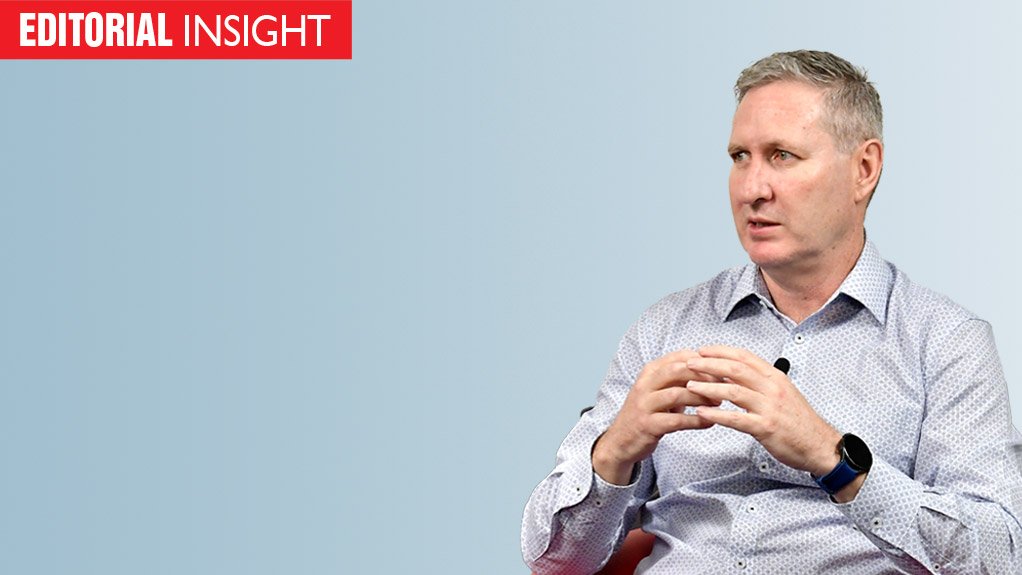There has been an important, yet largely overlooked, shift in South Africa’s approach to meeting its goal of providing universal electricity access by 2030.
A proposed revision to the delivery model was outlined by Electricity and Energy Minister Dr Kgosientsho Ramokgopa during his Budget Vote speech in July, which included a large portion dedicated specifically to universal access.
This in itself was an important development. Not that the topic has been ignored by previous Ministers, who were always keen to highlight ongoing electrification efforts despite the headwinds of loadshedding and surging tariffs. However, Ramokgopa’s input went beyond the typical update relating to the number of new connections and the resources allocated for the next round of connections.
Instead, Ramokgopa attempted to tackle the issue holistically.
He started by emphasising government’s new philosophical approach to universal access, which was being reframed as a “developmental and rights-based obligation, rather than a legacy infrastructure backlog”.
This is significant not only because it implies that such access is no longer limited to the provision of an electricity connection but that this connection should be sufficiently reliable and affordable to elevate living standards.
Under the approach that has been used to date, too little attention has been given to the quality of the connection, even less to affordability, while access to the paltry 50 kWh free basic electricity (FBE) allowance for indigent households has been controlled by municipalities that have little incentive to actually pass on the benefit. Especially when the consequences for channelling resources elsewhere are absent.
Unless the scale of the benefit is materially increased and a way is found to ensure that it is actually received by deserving households, it will be near impossible to tackle the scourge of illegal connections and theft. Let alone ensure developmental outcomes.
Secondly, the Minister announced that changes would be made to the delivery and funding models.
A blended finance approach would be adopted to leverage the Integrated National Electrification Programme (INEP) grant to accelerate the connection of the 1.6-million households that still do not have access. A total of R13-billion has been allocated to the INEP for the coming three years.
In addition, delivery would be broadened to include alternative technologies, including micro- and off-grid solutions.
Such innovation is welcome, but will have to be well implemented and monitored constantly to ensure that it does not result in unintended consequences in relation to service reliability and affordability.
Before any implementation takes place, therefore, it would arguably be advisable for Ramokgopa to subject his proposed new model to public scrutiny.
Such consultations would help to define what a “developmental” outcome should be. Then, the universal access strategy could be shaped towards progressively meeting that goal.
The process should also allow for the exploration of alternative financing and delivery models, and include space for debate on whether FBE is indeed the best distributive mechanism.
There are no easy solutions, but there is now genuine scope for a much-needed reset.
EMAIL THIS ARTICLE SAVE THIS ARTICLE ARTICLE ENQUIRY FEEDBACK
To subscribe email subscriptions@creamermedia.co.za or click here
To advertise email advertising@creamermedia.co.za or click here











